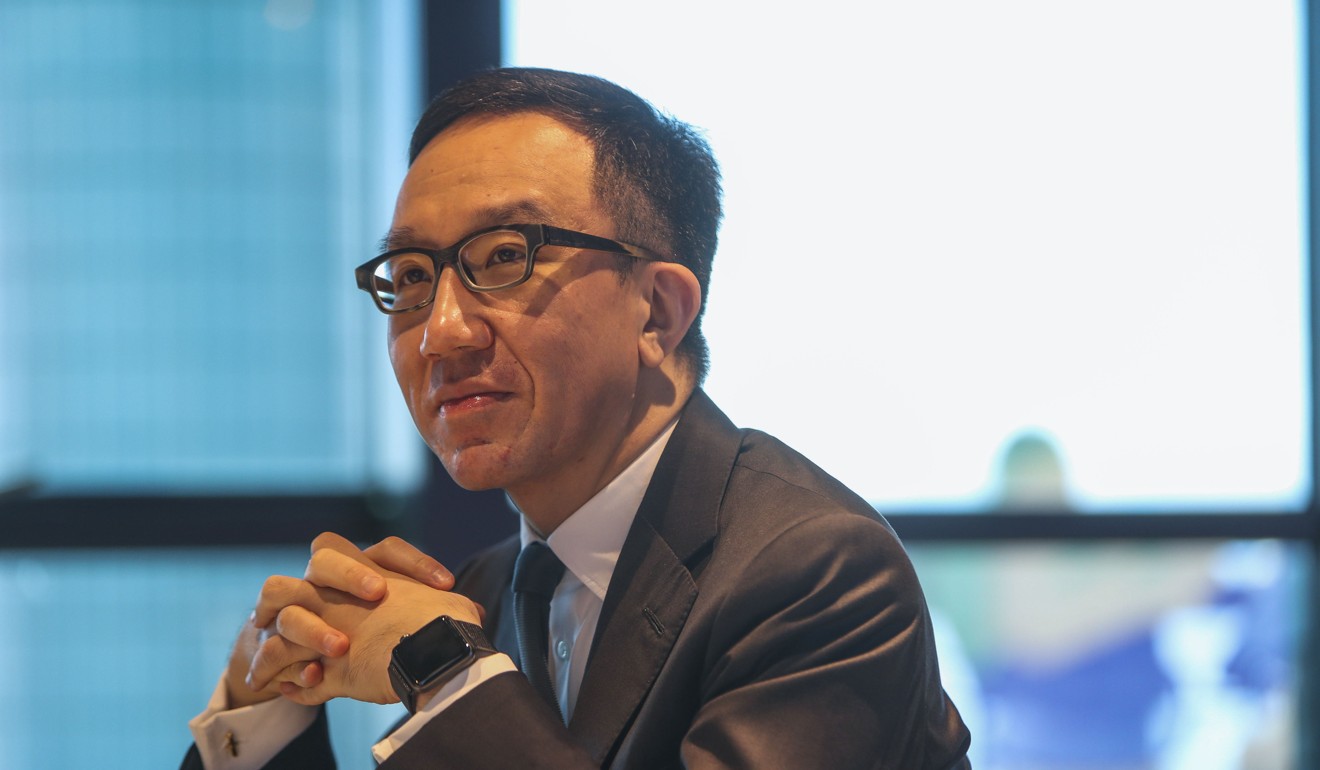
University of Hong Kong medical school rejects claims local DSE students were turned away
- Just 49 per cent of the 235 students offered places in the medical programme this year were through JUPAS
- Dean of school says he has not gone back on his word
The head of Hong Kong’s oldest medical school has dismissed suggestions he had turned away more local students from the doctors’ training programme than he had promised.
Professor Gabriel Leung, dean of the University of Hong Kong’s faculty of medicine, stressed he had never broken his promise to reserve more space to admit students who aspire to be doctors and applied for the medical programme through the Joint University Programmes Admissions System (JUPAS).

In contrast, students who did not take DSE exams apply to local universities through the non- JUPAS scheme – they are usually from overseas or local international schools and generally considered to be from with wealthier backgrounds.
The suggestion of favouring non-JUPAS students was made in media reports as it emerged that just 49 per cent of the 235 students offered places in the medical programme this year were through JUPAS, far below the promise of 75 per cent, which Leung publicly pledged in 2013.
“I have not gone back on my words,” Leung stressed in an interview. He said the number of offers for the programme provided to JUPAS applicants every year was over 80 per cent of all students in the medical programme.
Hong Kong DSE exam history maker Thomas Wong, 18, aspires to be a doctor and promises not to ‘get conceited’
“What we can control is how many offers [are issued]. But we can’t control how many people were eventually offered a place through the algorithm of JUPAS,” he explained.
The final JUPAS offers were determined by various factors, such as the preference order of programme choices set by the applicants. An applicant may select at most 20 programme choices and list those choices in order of preference.
Leung said the medical school has been able to achieve its target of offering around 75 per cent of its programme quotas to JUPAS pupils between 2013 and last year.
His team has been looking into why the goal could not be met this year, but he did not go into detail in explaining the situation.
As for the minimum DSE exam score for admission into HKU’s medical school, Leung said it would be revealed during the university’s information day tomorrow. “I want to give out clearer information. I don’t want any uncertainty on your part as a student,” he said.
An applicant would be given an offer if he or she has achieved the minimum required score, as well as having a satisfactory performance in the interview, which is conducted in the format of the “multiple mini-interview”.
The interview for the current round of applications, which will be held in June next year, will require applicants to go through six stations answering different areas of questions. The number of stations was an increase from four in previous rounds.

